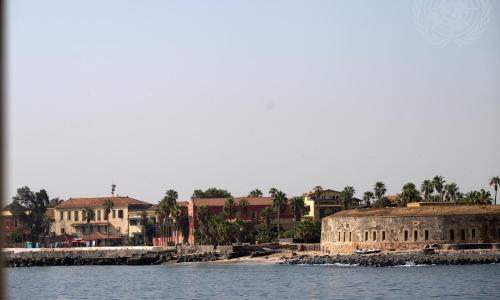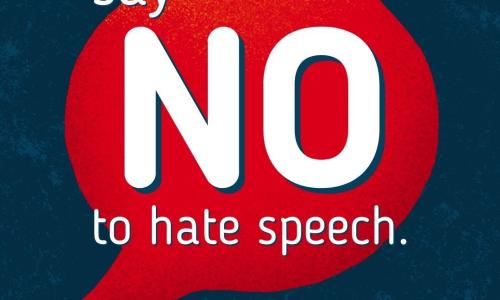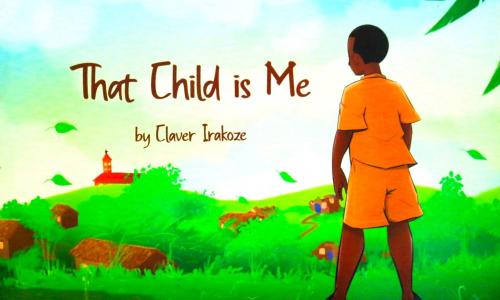The calls for reparatory justice can no longer be ignored, speakers at the United Nations Permanent Forum on People of African Descent said during the forum’s fourth meeting.
They urged greater collaboration between governments, civil society, and regional organizations to create a system that would compensate Africa and the African diaspora for the enduring legacies of colonialism, enslavement, apartheid and genocide between the 16th and the 19th centuries.
“Africa was under siege,” said Hilary Brown, speaking on behalf of the Caribbean Community or CARICOM about the 300 years of enslavement and exploitation on the continent. “Her political, economic and social systems thrown into chaotic instability as Europe plundered the continent for her most valuable asset, her people.”
She highlighted the strengthened partnership between CARICOM and the African Union whose 2025 theme is “Justice for Africans and the People of African Descent through reparations.”
“With a strengthened partnership with the AU, the global reparations movement is at a defining moment and inflection point marked by a united global Africa finally coming together to speak with one voice on seeking justice for Africans and people of African descent.”
Ms. Brown called for a “clear, diplomatic and advocacy strategy to advance the agenda through joint action in the United Nations, the Commonwealth, and other intergovernmental bodies”, and a high-level forum on reparatory justice.
She also highlighted the need “to negotiate with all the entities that benefitted from African enslavement: the governments, the universities, the Church, the private sector.”
Representing the African Union Commission on the panel, Angela Naa Afoley Odai, said the 55-member AU bloc wants “a collective approach towards seeking regress.”
In 2025, delegates at a reparations summit in Ghana agreed to create a Global Reparations Fund, which would be based on the African continent. Few other details have yet been decided.
Today’s conversation also shifted attention to the importance of civil society in the fight for reparations.
Nkechi Taifa, director of the United States-based based Reparation Education Project, said it was “not governments but the unstoppable fire of the people that ignited the global movement for reparations.”
Referencing civil society leaders such as “Queen Mother” Audely Moore and Marcus Garvey, Ms. Taifa gave an enthusiastic call to action about “Africa’s children – displaced, but never disconnected.”
She noted that the Permanent Forum on People of African Descent, which started yesterday and will continue through Thursday at UN Headquarters, “must and can continue to be a space where civil society and Government meet as equals helping to shape, not shadow, global reparations agendas.”
The discussion was moderated by Permanent Forum member June Soomer, who called reparatory justice a “critical and urgent global priority,” with a welcome from the current Chairman of the Permanent Forum, Martin Kimani.





